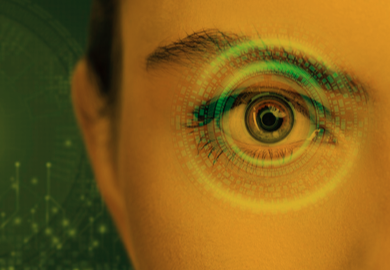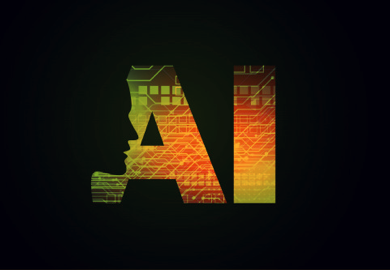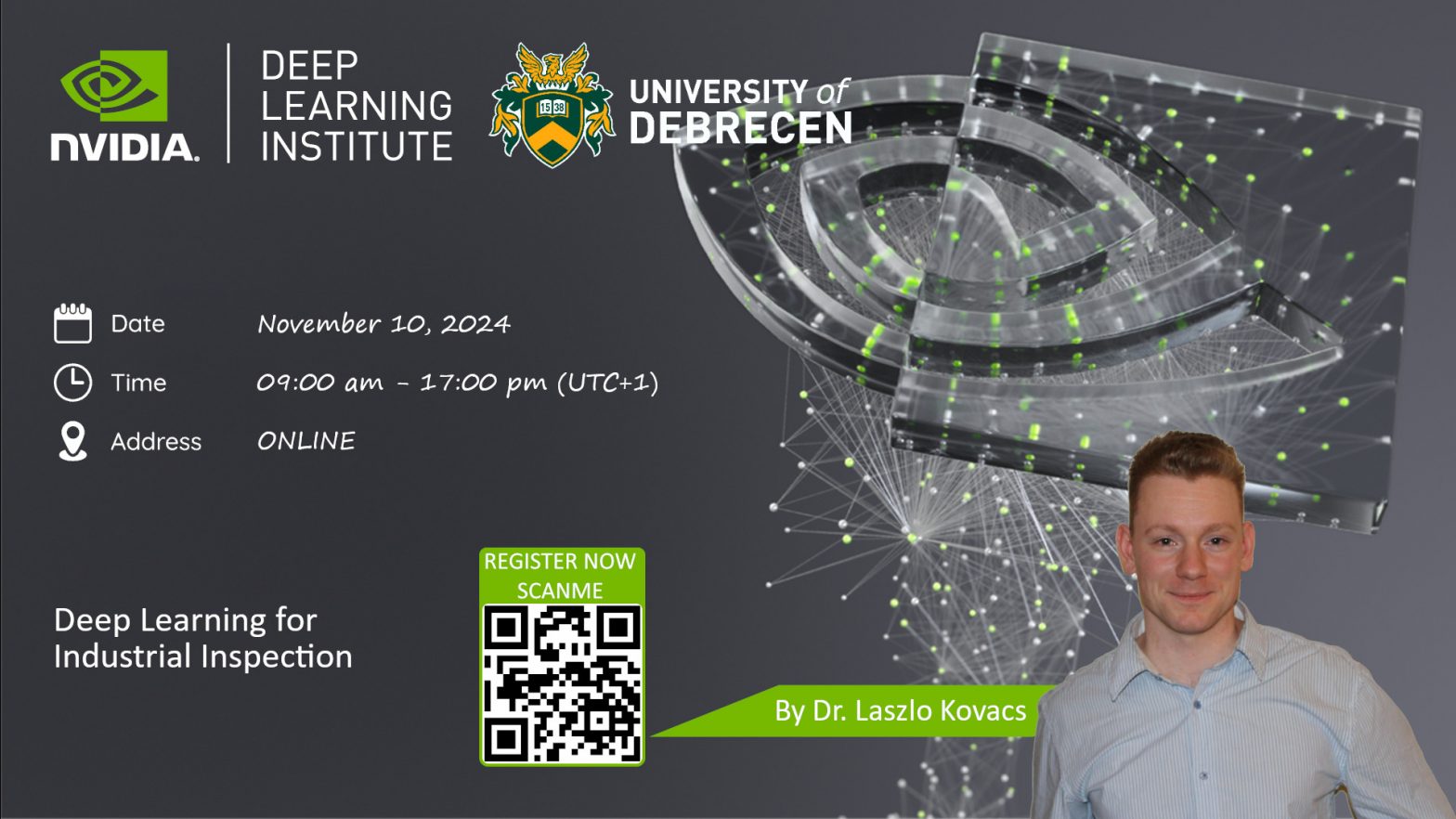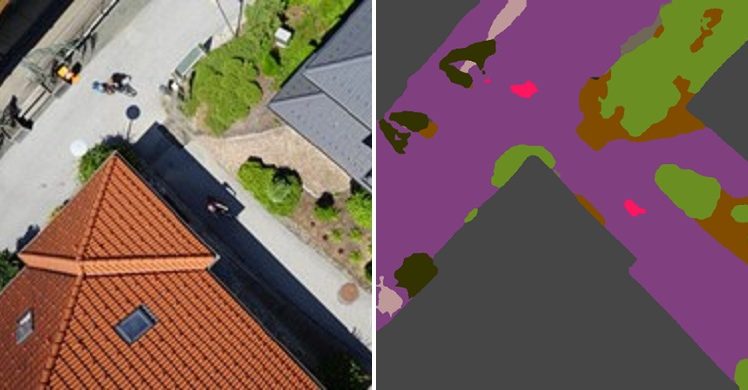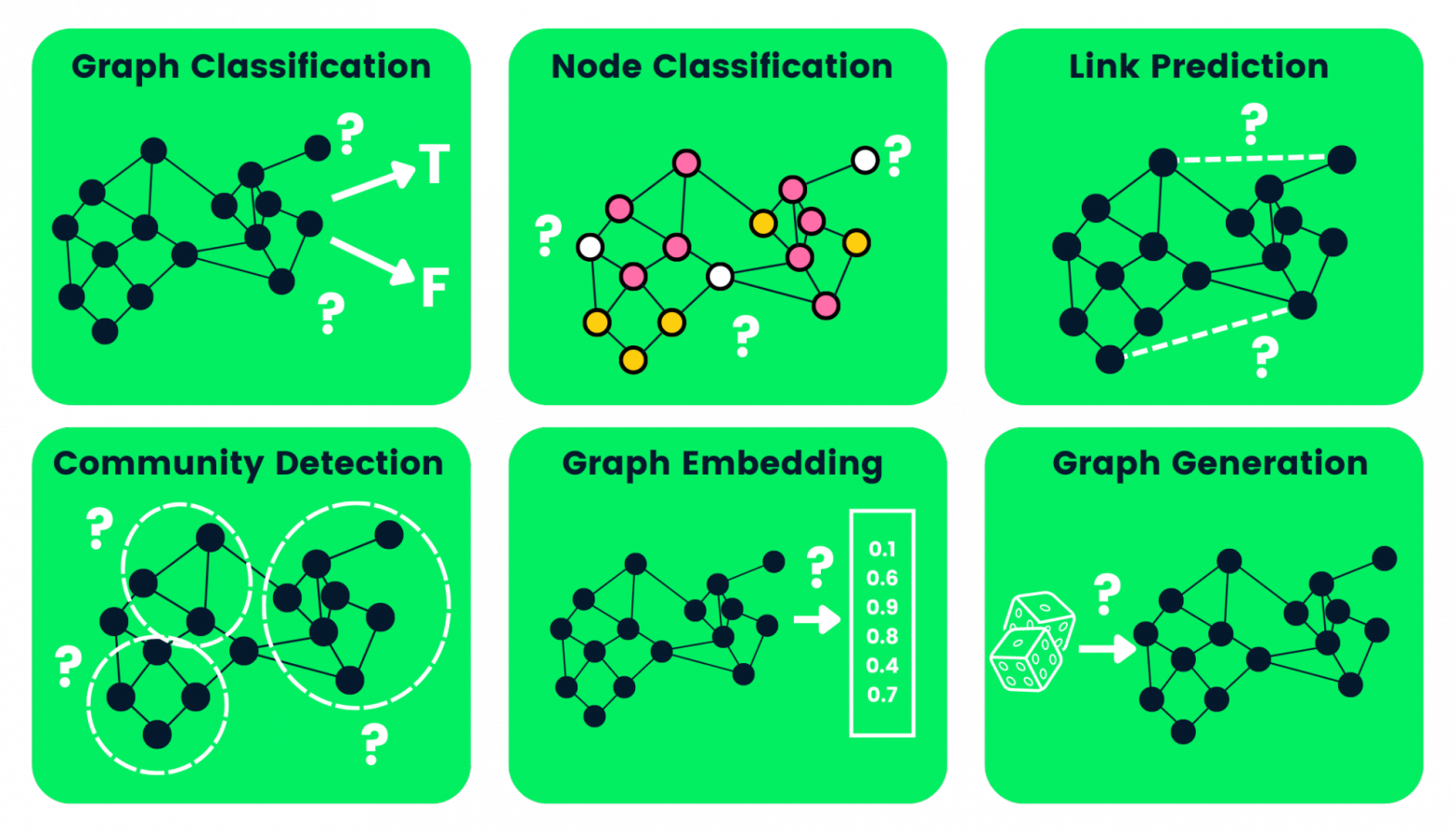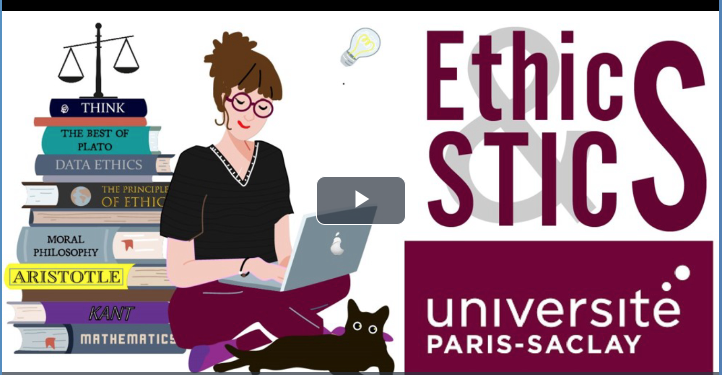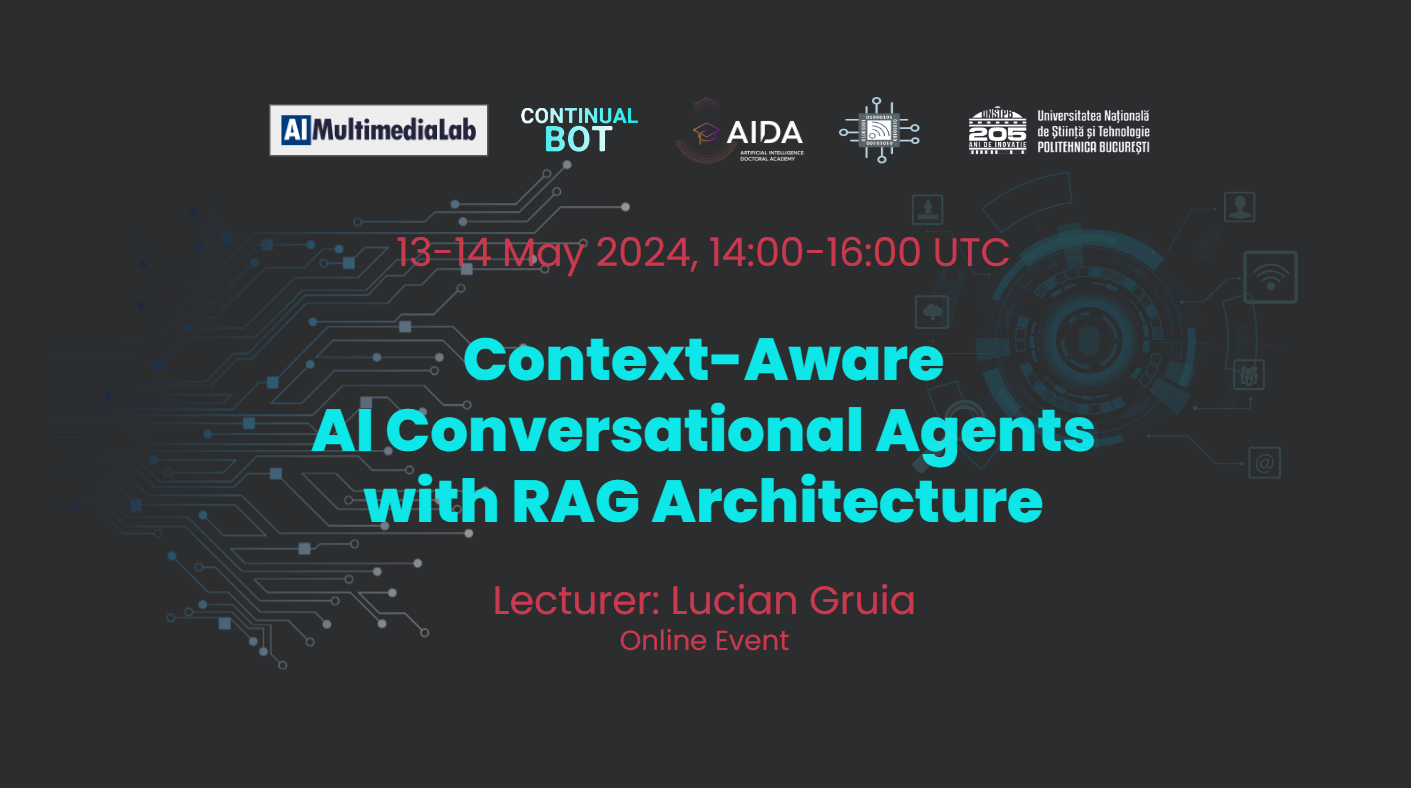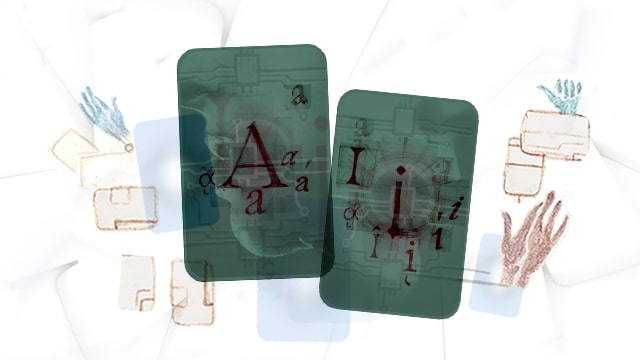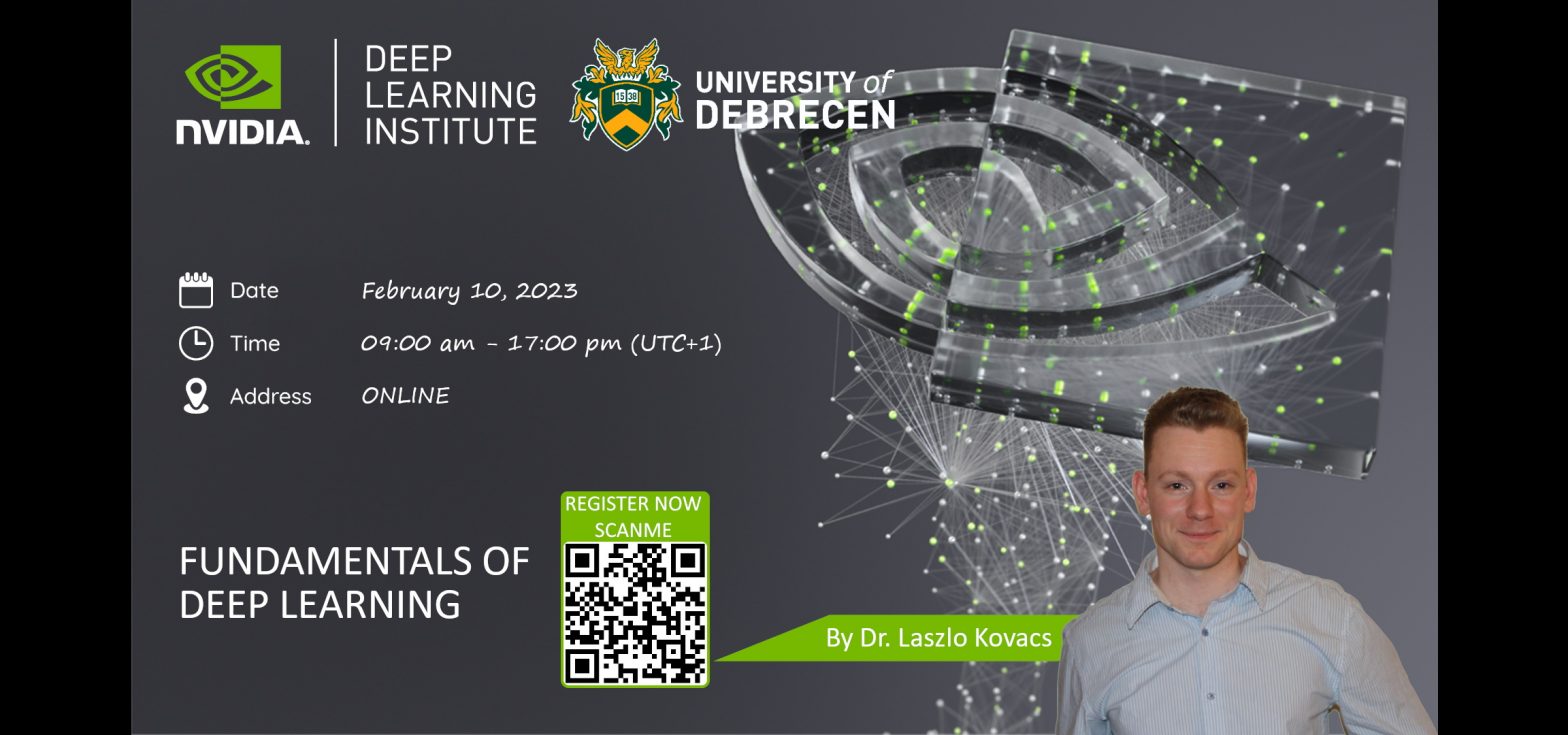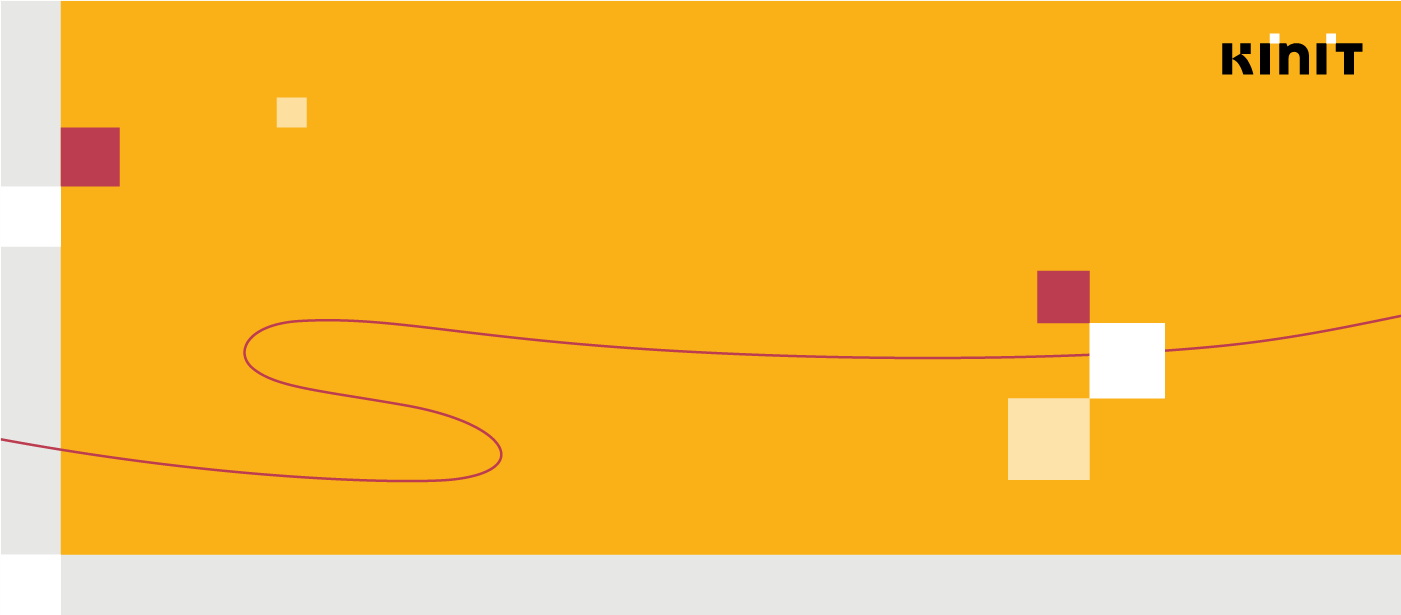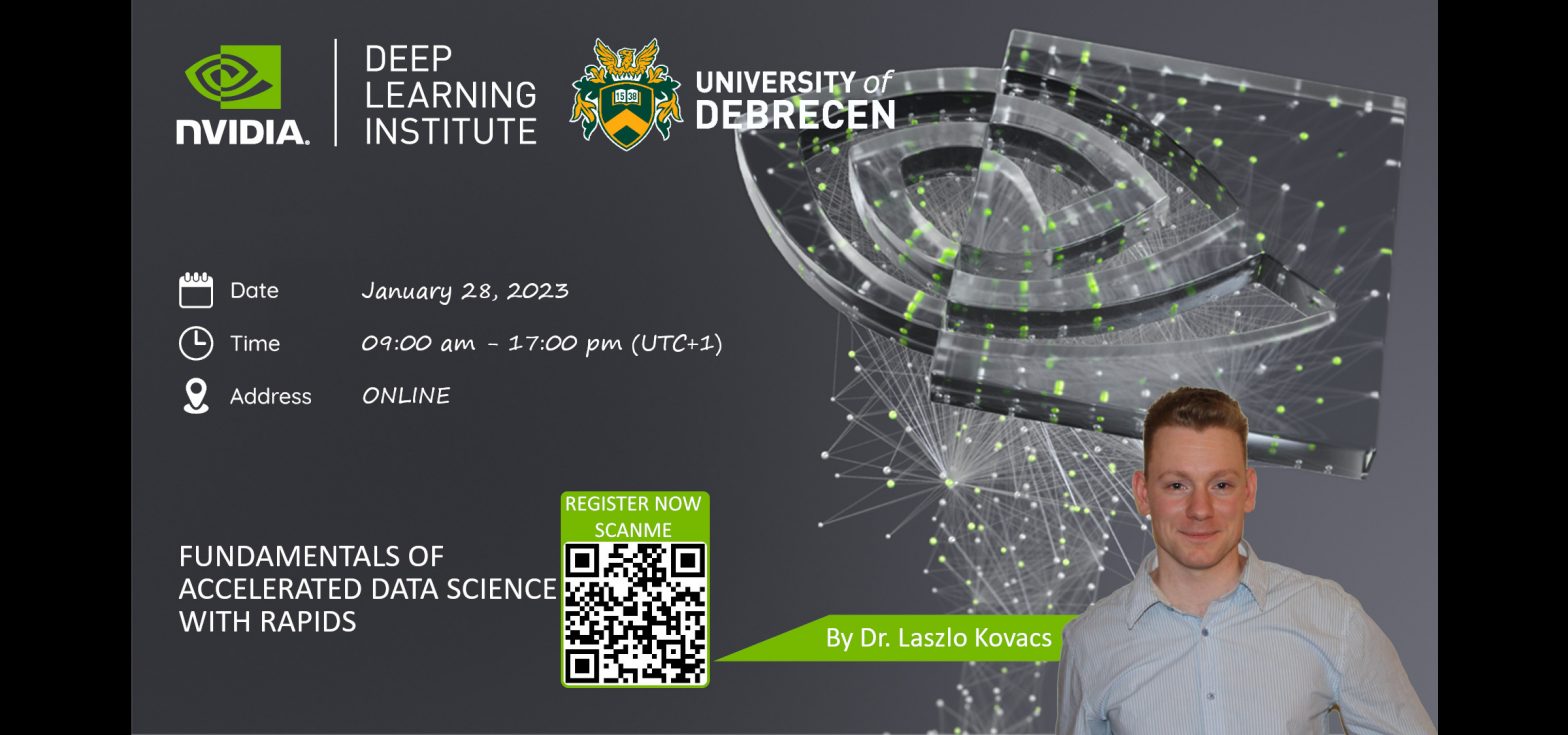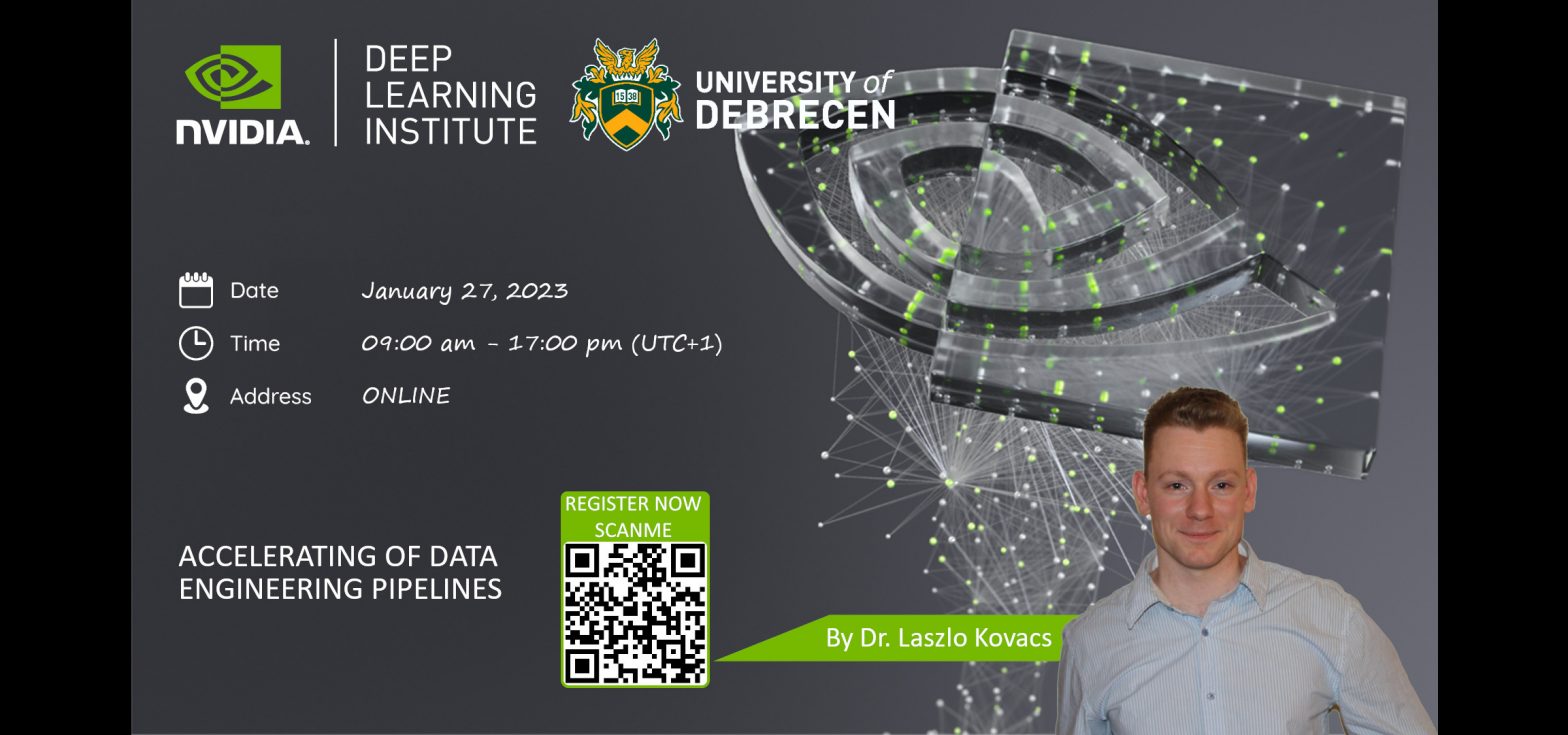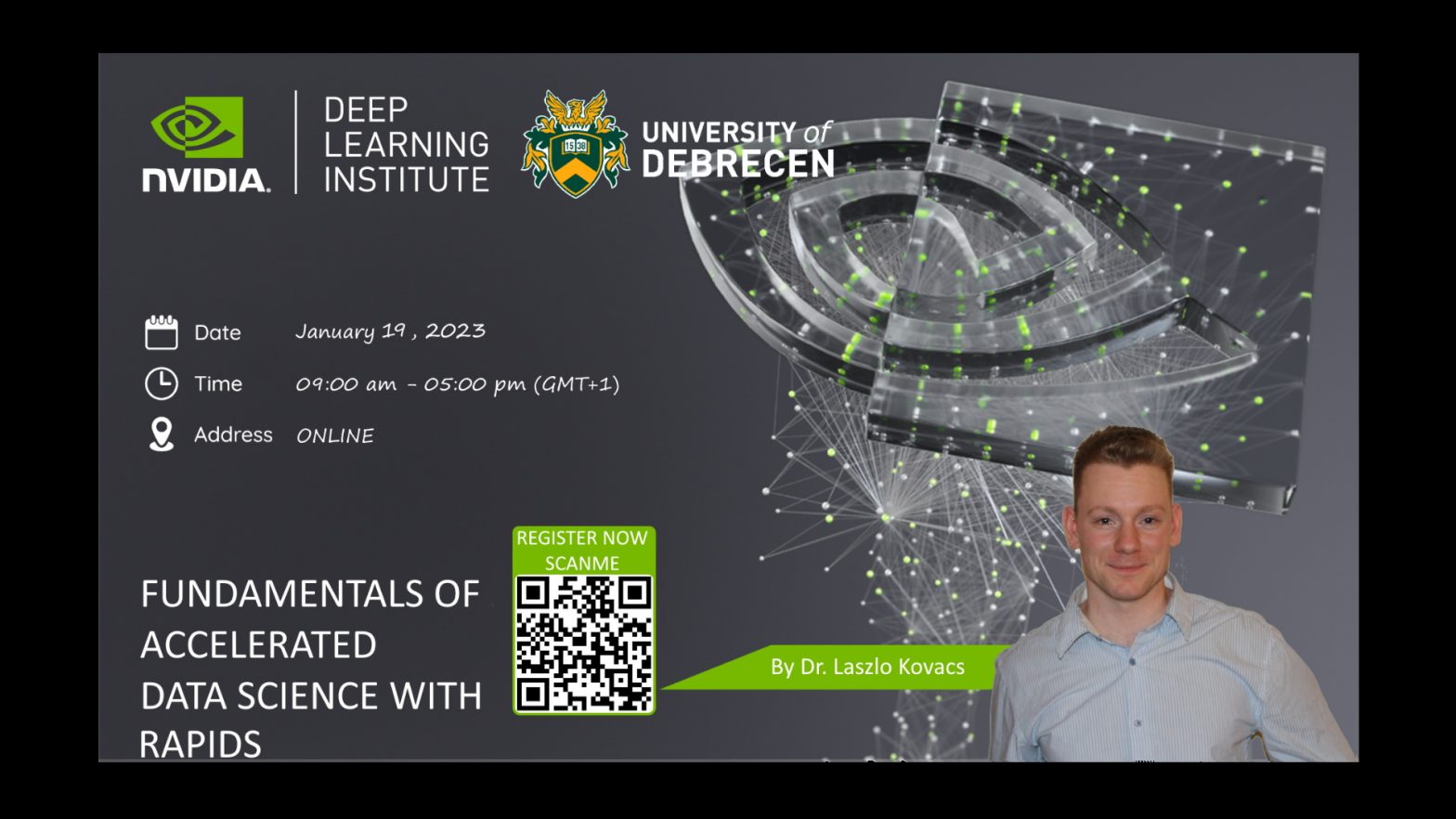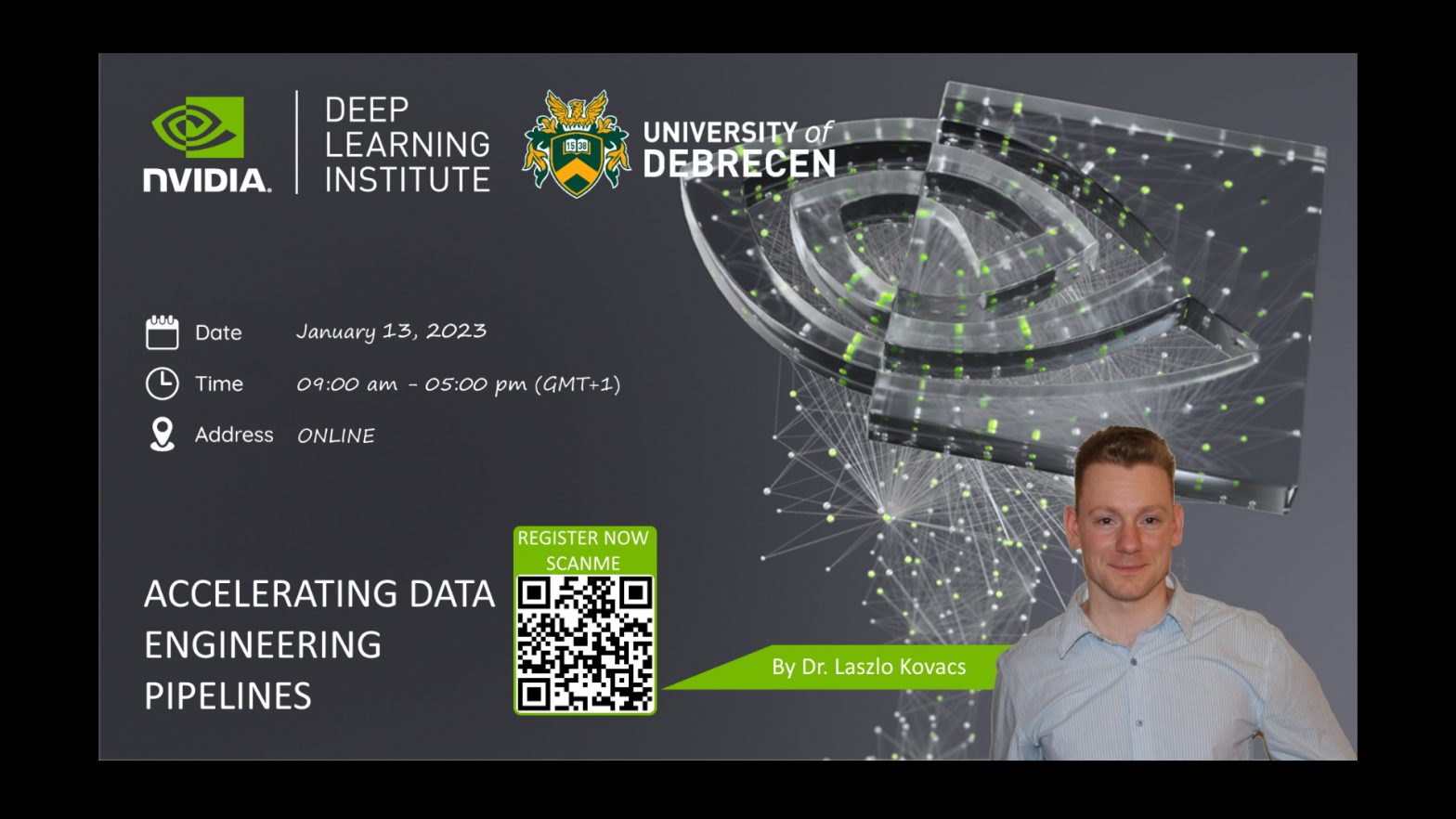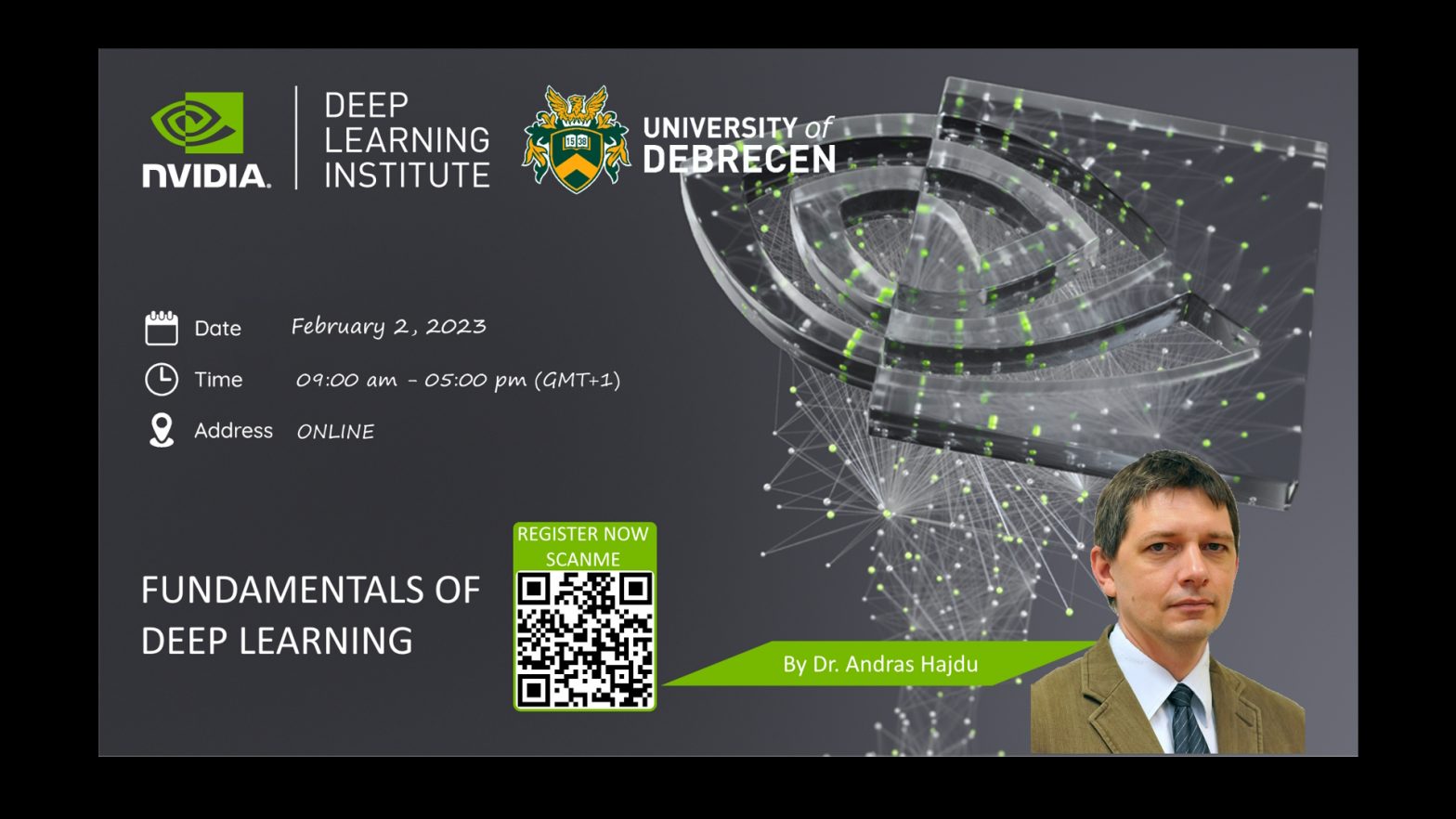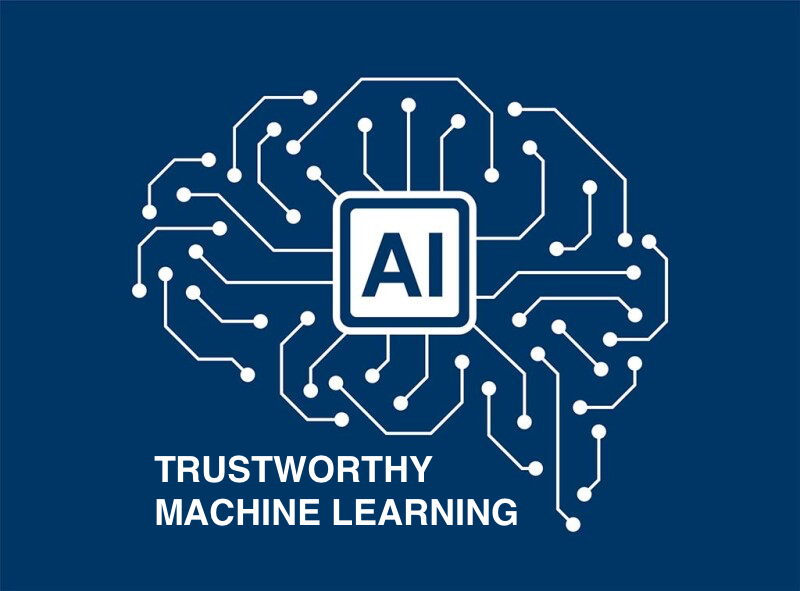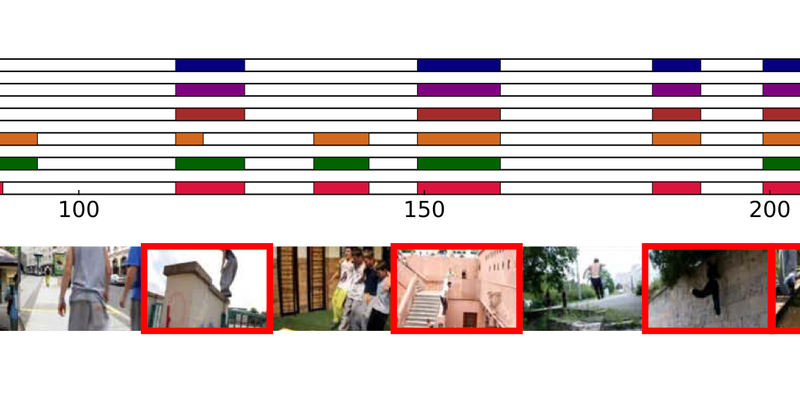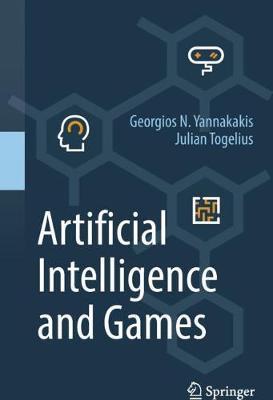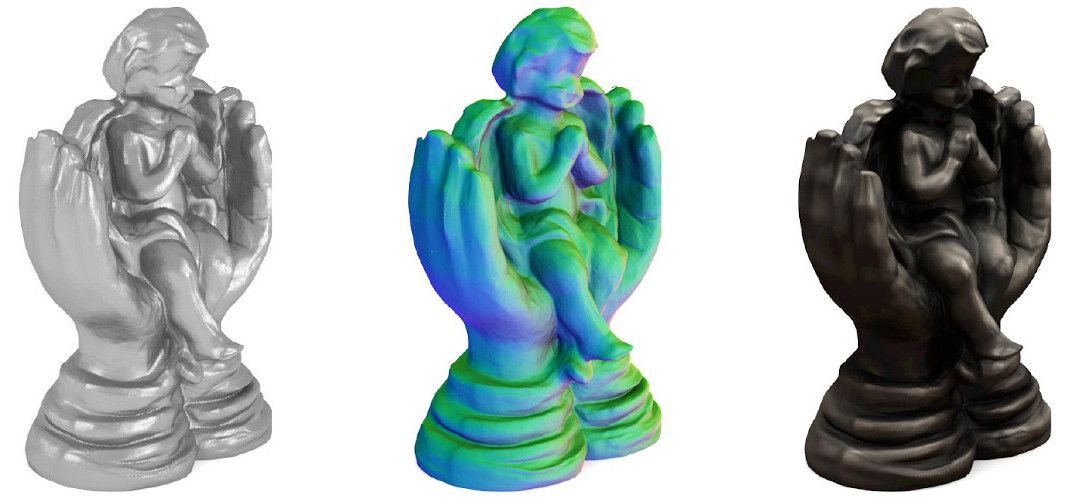Introduction to Scientific Integrity, Research Ethics and Open Science, targeted at PhD students in Computer Science and AI.
Title
Scientific Integrity, Research Ethics and Open Science, targeted at PhD students in Computer Science and AI.
Lecturer
Thomas Baudel (IBM France Lab, University Paris-Saclay),
Content and organization
The course is organized in 9 chapters, more or less independent, but raising in abstraction as the course progresses. Each of these chapters includes:
- A lesson to be read by the student. As much as possible, the content is summarized in a set of checklists involving as few guidelines as possible, for easy memorization.
- Examples of how the material discussed may be relevant in their context of work. We provide “horror stories” and “happy stories” of past events relevant to the topic addressed, as well as questions and issues for the student to ponder over.
- References are hyperlinked in the course of the text, and a “further reading” section is sometimes provided.
- Finally, some validation questions are proposed after each section. To allow self-delivery of the material, the exercises are proposed as multiple choice questionnaires, which enable full automation of the test administration and certification process. The questions however demand attention and studying of various documents to be answered properly.
Course Plan
-
The Doctoral Contract (researcher as a subject under law and an employee),
-
Research Integrity (producing science correctly),
-
Research Ethics (producing science responsibly),
-
Computer and Information Ethics (how these apply to your research context),
-
Intellectual property (researcher as a producer and consumer of value, open science),
-
Scientific Communication, Open Science and Internet Ethics (disseminating knowledge publicly),
-
Privacy and Personal data (protecting our digital selves),
-
Governance of information systems (AI Ethics & ethics of robotics)
-
Emerging issues in Computer and Information Ethics (what’s next, optional).
Level
all PhD students and researchers in Information & Communication Sciences & Technologies
Course Duration
15h self-paced
Course Type
Short Course
ECTS
1
Participation terms
Attending the MOOC requires registering on the FUN platform (free): https://www.fun-mooc.fr/fr/cours/ethics-stics/ with the email address you recorded on the i-aida website. you will then receive your badge upon completion of the course with a grading score of 75% or more.
Schedule
February 1, 2026-March 8th, self-paced MOOC
Language
English
Modality (online/in person):
online
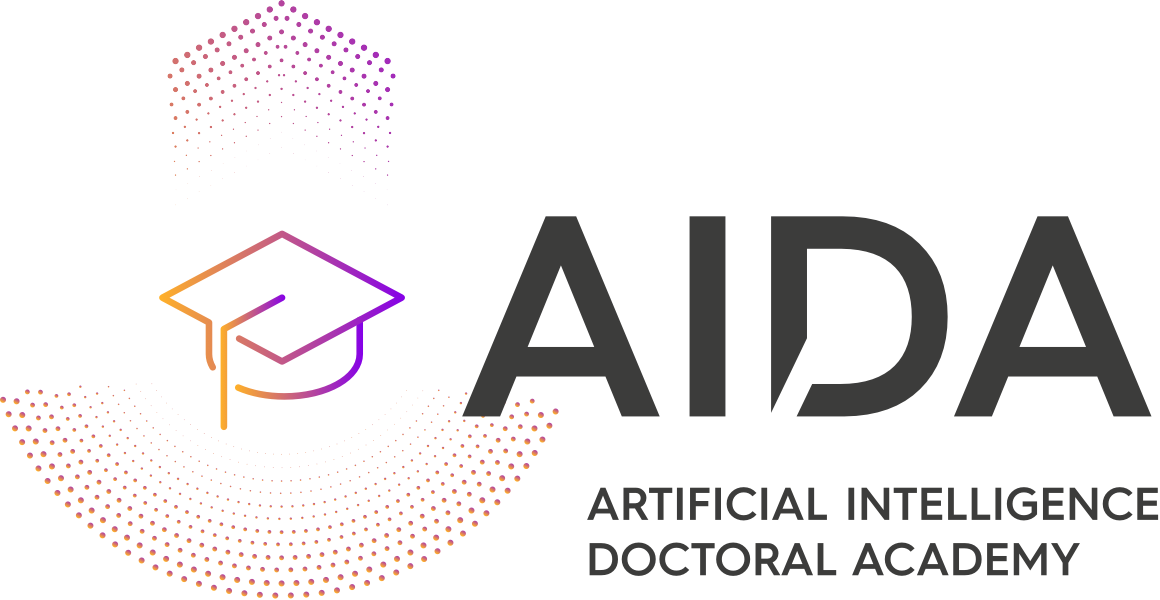
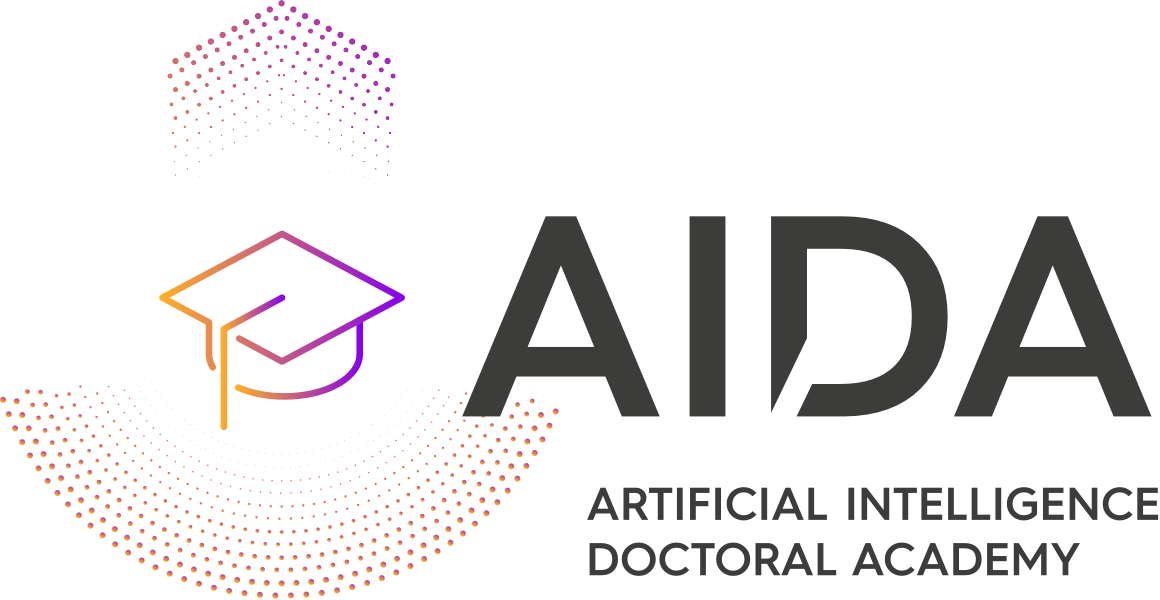

 Back to List
Back to List